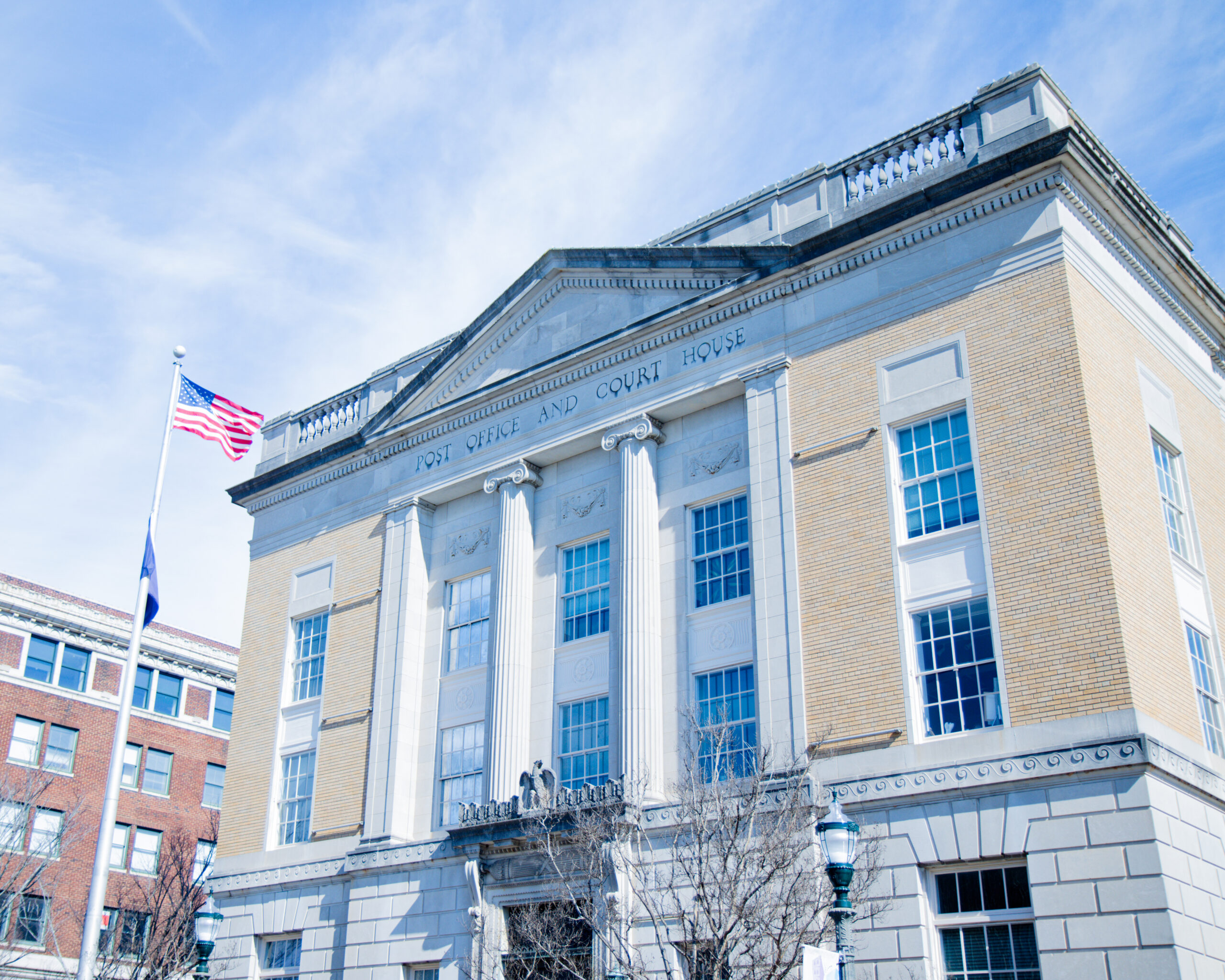Aided in part by new rules muting the candidates’ microphones set forth by the Commission on Presidential Debates, Thursday’s final debate between former Vice President Joe Biden and President Donald Trump dropped the chaotic bravado that characterized the first in exchange for substantive policy disagreements and a renewed focus on the pure ideological chasm between the two nominees.
NBC’s Kristen Welker moderated the debate and opened with firm and direct instructions to either candidate to remain civil and avoid interruptions in order to allow American voters the opportunity to hear clear articulation of policy ideals on some of the biggest questions facing the nation. She began with Trump, and the coronavirus, questioning the president on his strategy moving forward.
President Trump returned to minimizing the severity of the impact of the virus, again citing early estimates that put the death toll in an uncontrolled spread of the virus at above two million, before rehashing his assertion that a vaccine would be coming “within a matter of weeks.”
“220,000 Americans dead. If you hear nothing else I say tonight, hear this … anyone who is responsible for that many deaths should not remain as President of the United States of America,” Biden said in response, before claiming that President Trump refused to take responsibility.
“I take full responsibility,” Trump said for the first time, before an abrupt change in direction. “It’s not my fault that it came here. It’s China’s fault.”
Biden pointed to revelations regarding the discovery of the President’s secret Chinese bank account, underlining the fact that Trump had paid exponentially more in taxes to the Chinese Communist Party than he had to his own government in recent years.
“I have many bank accounts and they’re all listed and they’re all over the place,” Trump said.
On healthcare, Biden spoke about his plans to expand Obamacare and a prospective public option and again spoke out against the Trump administration’s efforts to squash Obamacare in the Supreme Court without plans for its replacement.
“There’s no way he [Trump] can protect pre-existing conditions. None, zero,” Biden said.
The president attempted to paint Biden’s plan as a push for socialized medicine and claimed that his policy was being driven by “AOC plus three,” a nod to progressive Democrat Alexandria Ocasio-Cortez and “the squad,” a group of fellow freshman female progressives.
“He’s a very confused guy. He thinks he’s running against somebody else,” Biden said. “He’s running against Joe Biden. I beat all those other people because I disagreed with them.”
Biden also voiced his support for raising the federal minimum wage to $15 an hour, allowing for Trump to draw a distinction between the candidates’ fiscal philosophy.
“He said we have to help our small businesses. By raising the minimum wage? That’s not helping,” Trump said. “I think it should be a state option.”
In response to recent reports that lawyers cannot find the parents of 545 immigrant children separated at the border, President Trump was questioned on his child separation policy at the U.S.-Mexico border.
“Children are brought here by coyotes and lots of bad people, cartels, and they’re brought here and they used to use them to get into our country,” Trump said. “We now have as strong a border as we’ve ever had.”
“Coyotes didn’t bring them over. Their parents were with them,” Biden responded. “They got separated from their parents. And it makes us a laughingstock and violates every notion of who we are as a nation.”
On race in America, President Trump once again voiced the claim that he had done more for Black people in America than any president, with the possible exception of Abraham Lincoln.
“I can’t even see the audience because it’s so dark, but I don’t care who’s in the audience, I’m the least racist person in this room,” he said.
Biden pushed back on this assertion.
“Abraham Lincoln here is one of the most racist presidents we’ve had in modern history. He pours fuel on every single racist fire,” Biden said. “This guy has a dog whistle about as big as a foghorn.”
The president also tried to pin Biden with a ban on fracking, despite the fact that the Biden campaign has repeatedly stated they have no intention to place such a ban. In more explicit terms than previously employed, Biden spoke about his intention to transition to a focus on renewable energy.
“I would transition from the oil industry, yes … because the oil industry pollutes, significantly,” Biden said.
In closing, each candidate was asked how they plan to unify the country, and what message they might deliver in their inaugural address to the constituents that didn’t vote in their favor.
“Success is going to bring us together,” Trump said. “We are on the road to success.”
“I will say, ‘I’m an American President. I represent all of you, whether you voted for me or against me. And I’m going to make sure that you’re represented,’” Biden said.
Graphic by Lizzy Talbert




